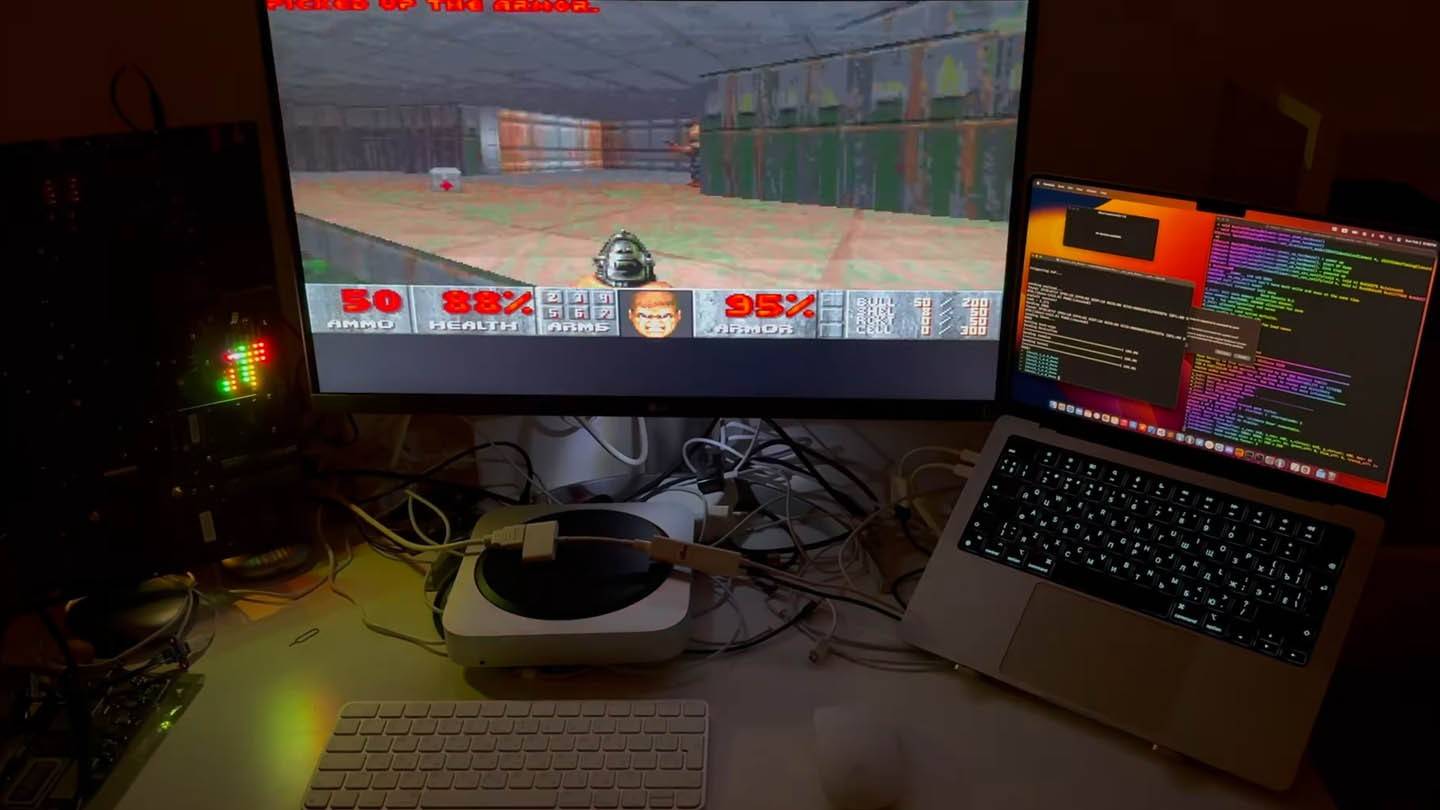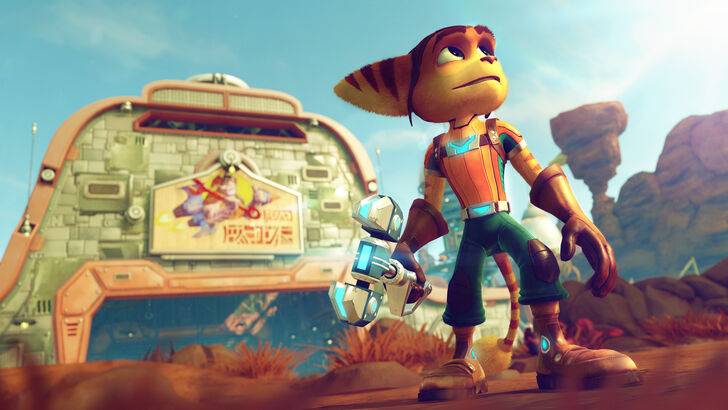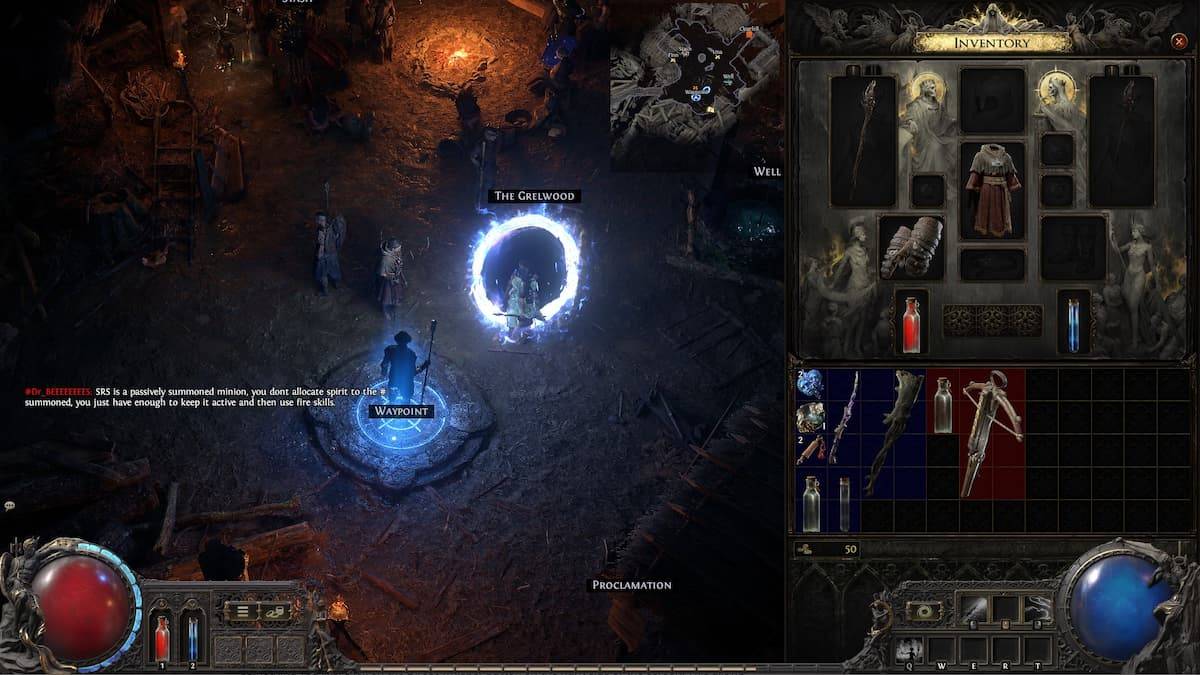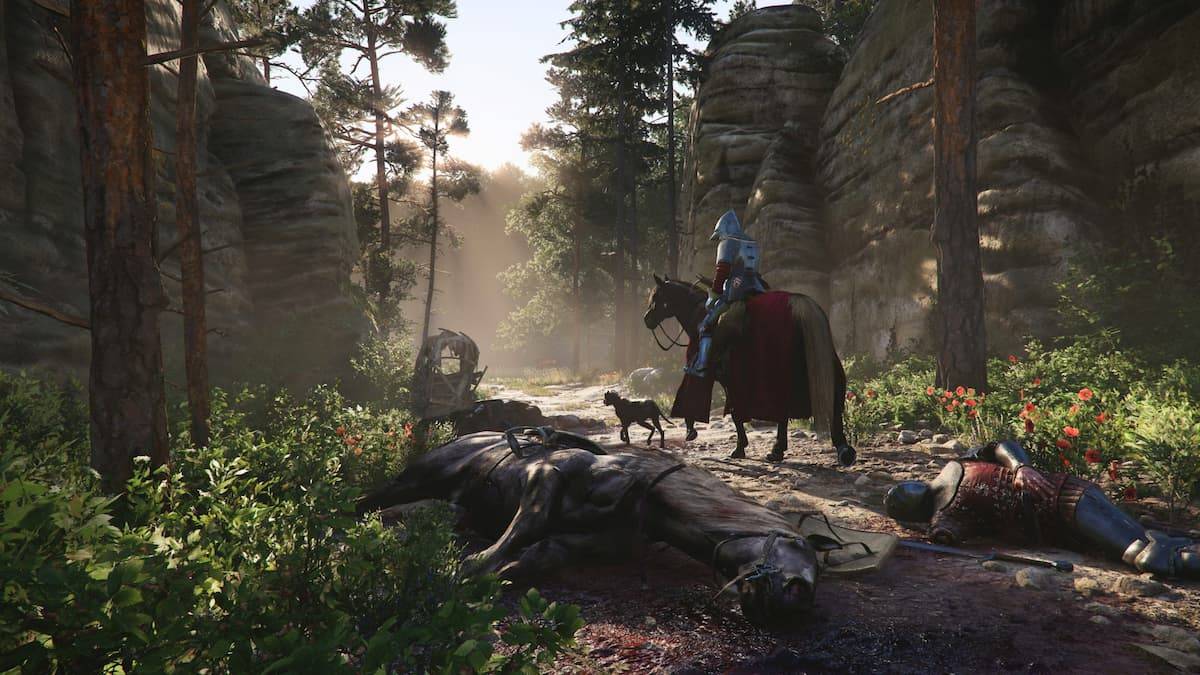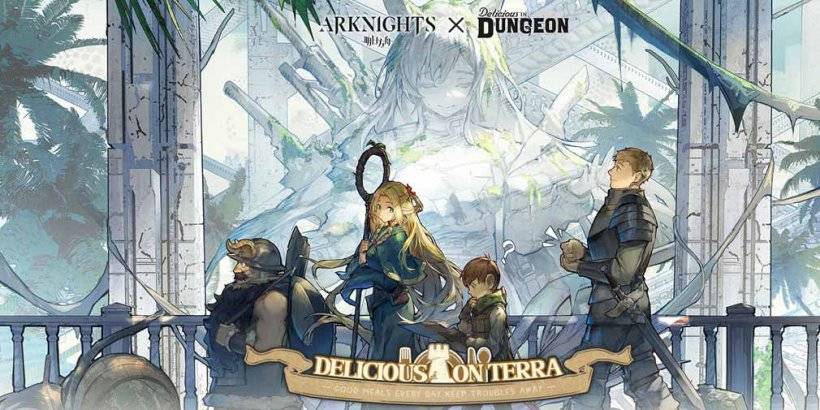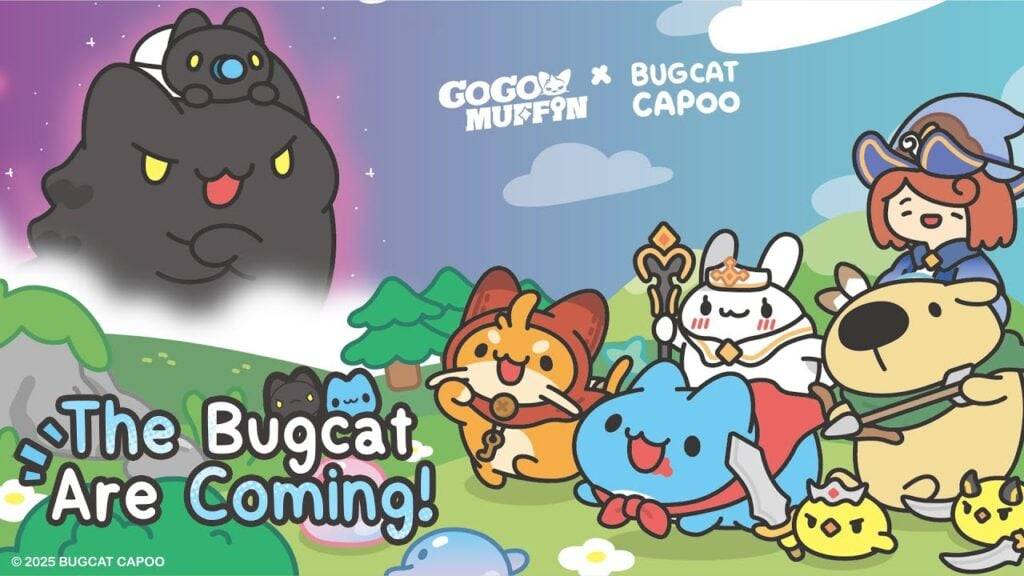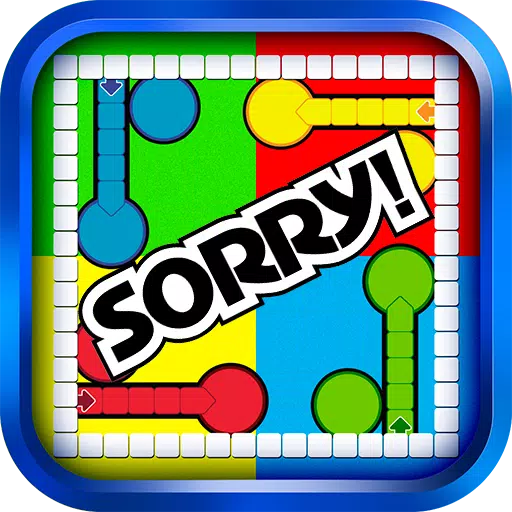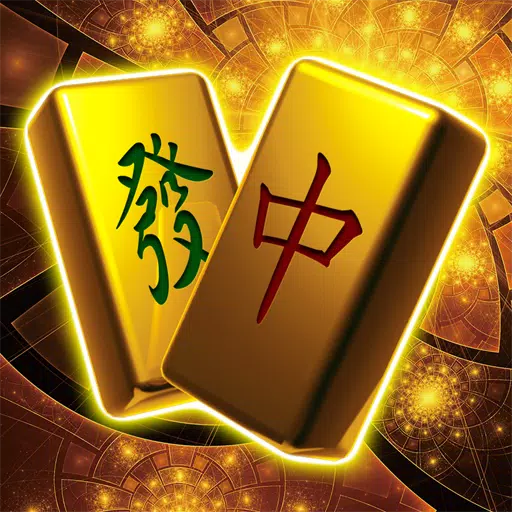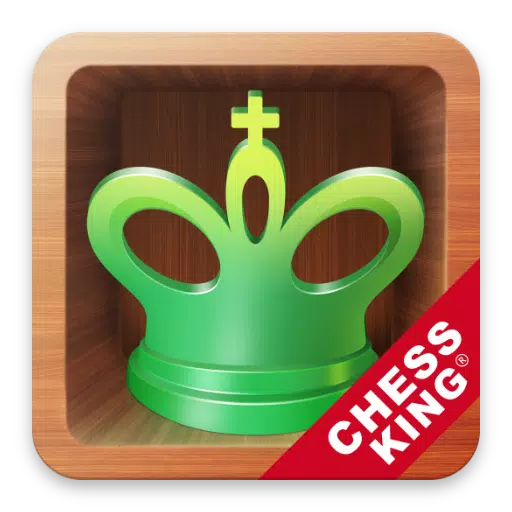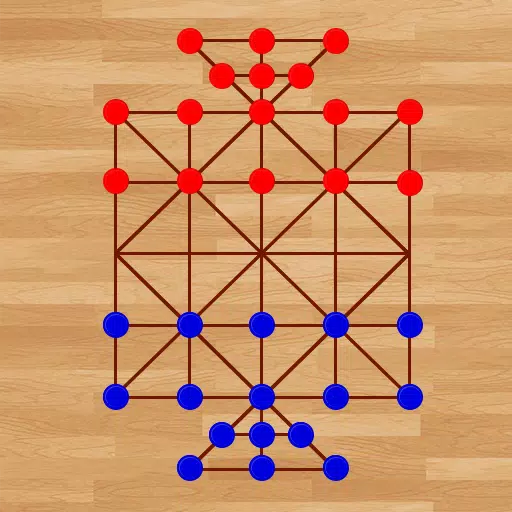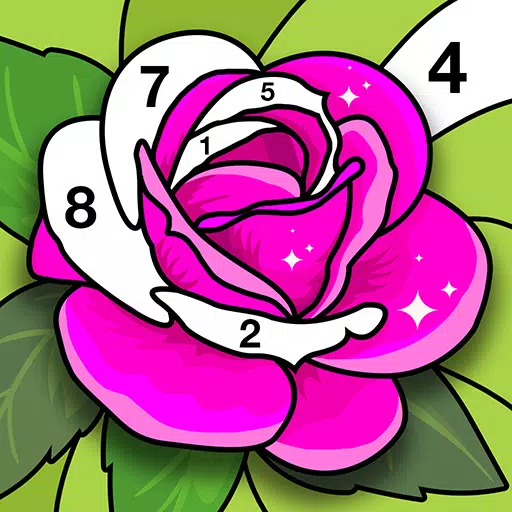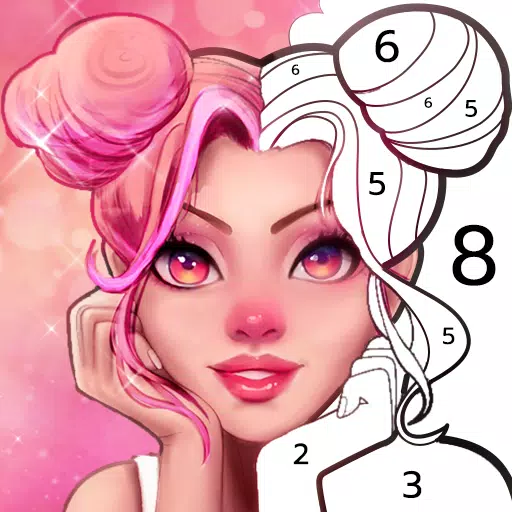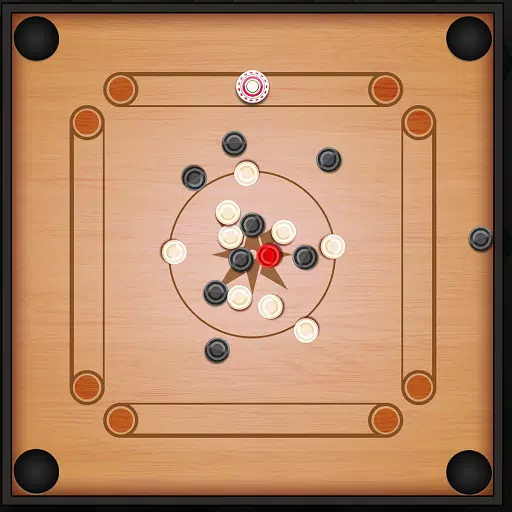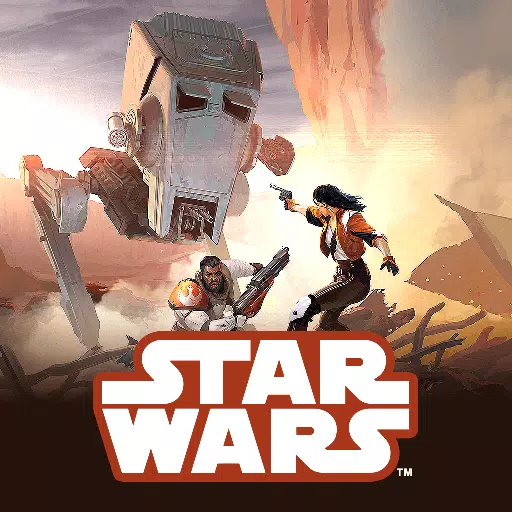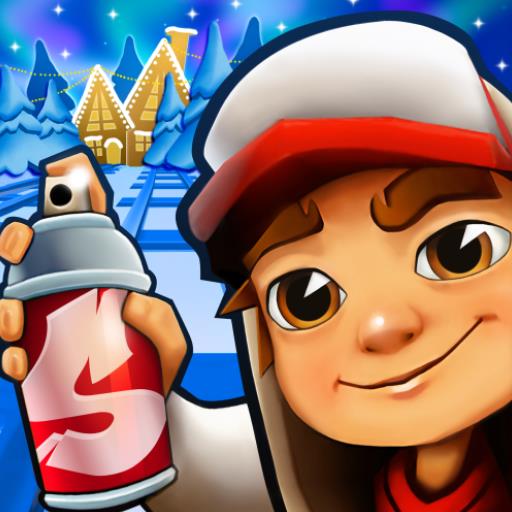The recent move by Warner Brothers to remove its entire catalog of original Looney Tunes shorts from HBO Max has left fans and animation enthusiasts reeling. These iconic shorts, which ran from 1930 to 1969, are not just a cornerstone of the studio's history but also represent a golden era in animation. The decision to pull these classics is part of a broader strategy to focus on adult and family programming, as children's content reportedly doesn't attract significant viewership on the platform. This shift in focus comes despite the immense cultural significance of the Looney Tunes franchise, which has been instrumental in shaping Warner Brothers' identity.
The removal of the original shorts is particularly poignant given HBO's recent decision to cancel its deal for new episodes of "Sesame Street," another children's staple since 1969. While some newer Looney Tunes spinoffs are still available on HBO Max, the absence of the foundational shorts feels like a significant loss to the franchise's legacy.
This news arrives amidst the release of the new film, "The Day the Earth Blew Up: A Looney Tunes Story," which hit theaters on March 14. Originally ordered by Max, the project was sold to Ketchup Entertainment following the Warner Brothers and Discovery merger. The film's modest marketing budget and subsequent box office performance of just over $3 million on opening weekend across 2,800 theaters suggest a lack of awareness among potential viewers.
The timing is particularly jarring given the public outcry over Warner Brothers Discovery's handling of another Looney Tunes project, "Coyote Vs. Acme," last year. The completed film was shelved due to distribution cost concerns, sparking widespread criticism from the animation community. Actor Will Forte's vehement reaction to the decision, calling it "f—king bulls—t" and expressing his frustration, underscores the disappointment felt by many.
The removal of the Looney Tunes shorts from HBO Max, coupled with the mishandling of recent projects, raises questions about the studio's commitment to its heritage and the future of beloved franchises. Fans are left hoping that the cultural impact of these classics will not be forgotten, even as they are removed from the platform that should be celebrating them.

